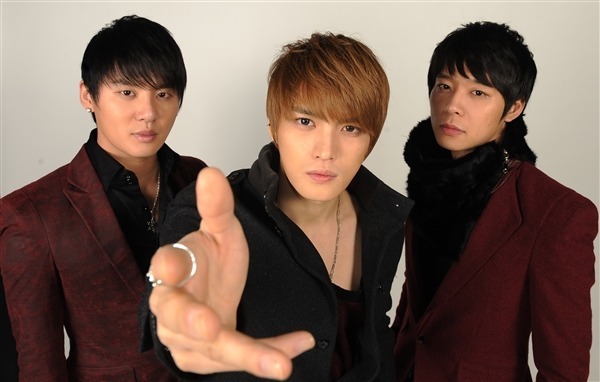
Members of JYJ, a popular South Korean boyband, have been chosen as honorary ambassadors for Jeju Island, one of the 28 Official Finalists in the New7Wonders of Nature campaign. On behalf of the island, band members Hero Jaejoong, Micky Yoochun and Xiah Junsu will now promote Jeju internationally in a concentrated effort to raise its global profile.
Bands such as JYJ are household names in much of Asia. They belong to a new generation of South Korean artists that are part of a musical genre called “K-pop“. Along with the success of Korean TV shows and films, they are central to a cultural movement that has become known as the “Korean wave”.
Korean music industry veteran Bernie Cho told the BBC that K-pop stars are doing very well financially, at home and abroad. His company, DFSB Kollective, markets and distributes a range of Korean music and, according to Cho, many of K-pop’s top acts are selling 100,000 or 150,000 albums straight after release — an impressive number in any major market.
K-pop has been a hit in Asia says Choo because it offers something different, but is still familiar enough for audiences to relate to. And the fact that K-pop’s unique style is attracting foreign fans is something that benefits both the people who visit South Korea and the bands whose music they like.
Many tourists who come for the music also buy the clothes and cosmetic brands promoted by Korean stars. According to South Korea’s Trade and Investment Agency, income from cultural exports like pop music and TV shows has been rising by about 10 percent a year. In 2008, it was worth almost $2 billion.

